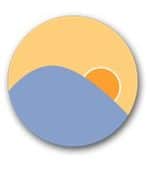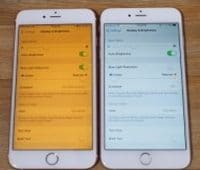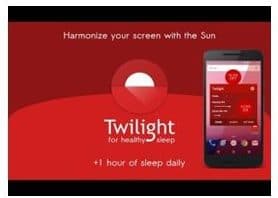Sleep Hacks:
Protect from Blue Light
Exposure to blue light from electronics is believed to slow the production of melatonin, a hormone that signals your brain that it’s time to sleep.
Studies have shown that exposure to blue light at night can keep you from falling asleep and interfere with your natural sleep cycles during the night.
If you absolutely have to use a smart phone, computer, or watch TV after sunset, these products can help reduce your exposure.
- Blue light blocking glasses
Blocks greater than up to 99.9% of FL-41 targeted 480-520 nm blue light
- Bulbs and night lights
- Computer and smart phone screens

f.lux computer software (free)

Night Shift (free: iPhone, iPad, iPod)

Twilight (Android) free
Last updated: 1/22/2024
Connect with us:
About Us
Better Sleep Simplified® was founded as a place for you to get clear and well-researched information.
Our goal is to make sure you know about your options so that you take action sooner rather than later.
Check us out on YouTube:
Watch and Learn
Helpful sleep tips, interesting sleep facts and statistics you want to know about
Affiliate Disclosure
This site is a participant in the Amazon Services LLC Associates Program and other affiliate advertising programs designed to provide a means for sites to earn advertising fees by advertising and linking to them.
Important: BetterSleepSimplified.com is for informational purposes only and is not intended or implied to be a substitute for professional medical advice, diagnosis, or treatment. Always consult a physician for sleep and health concerns. See additional information.
